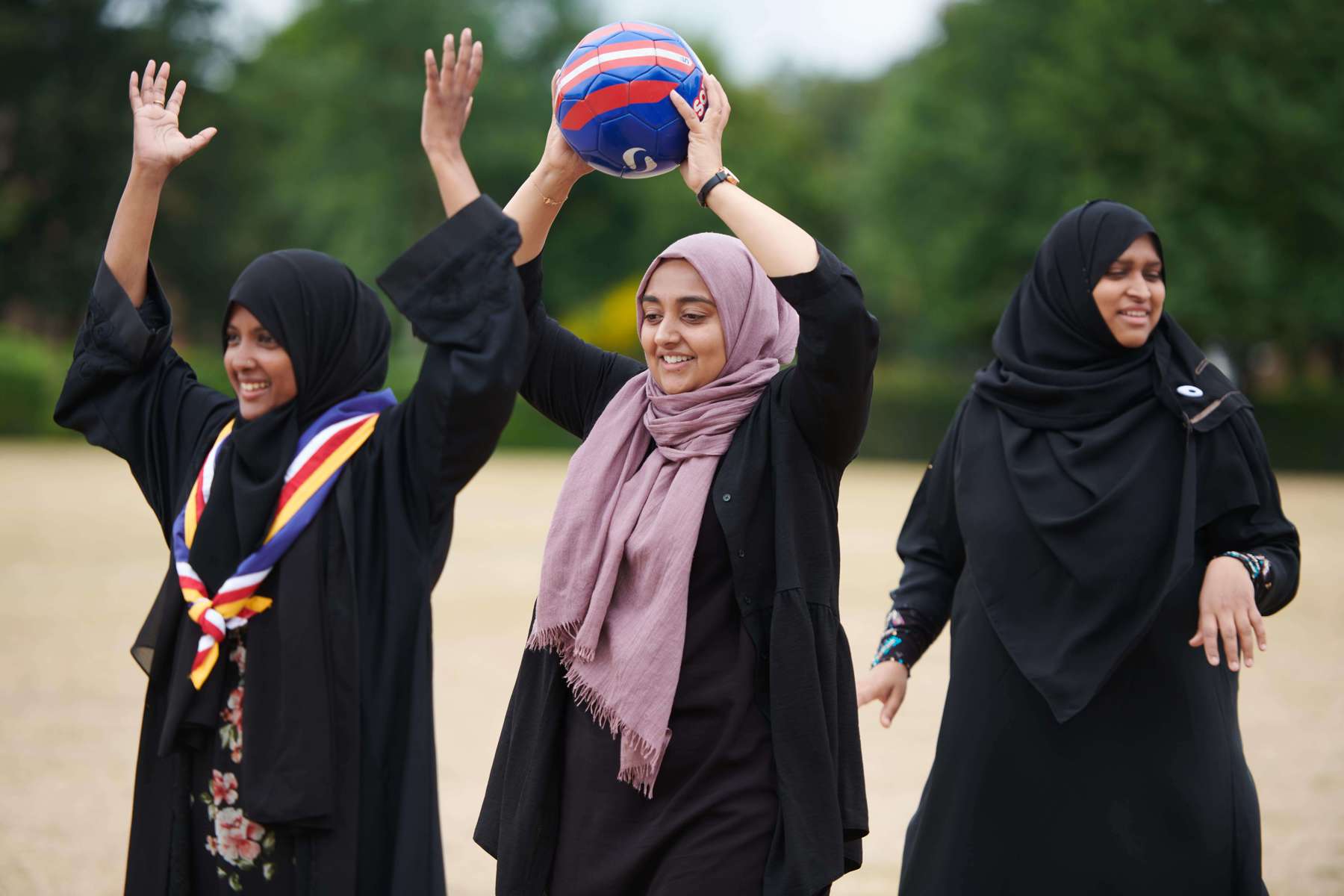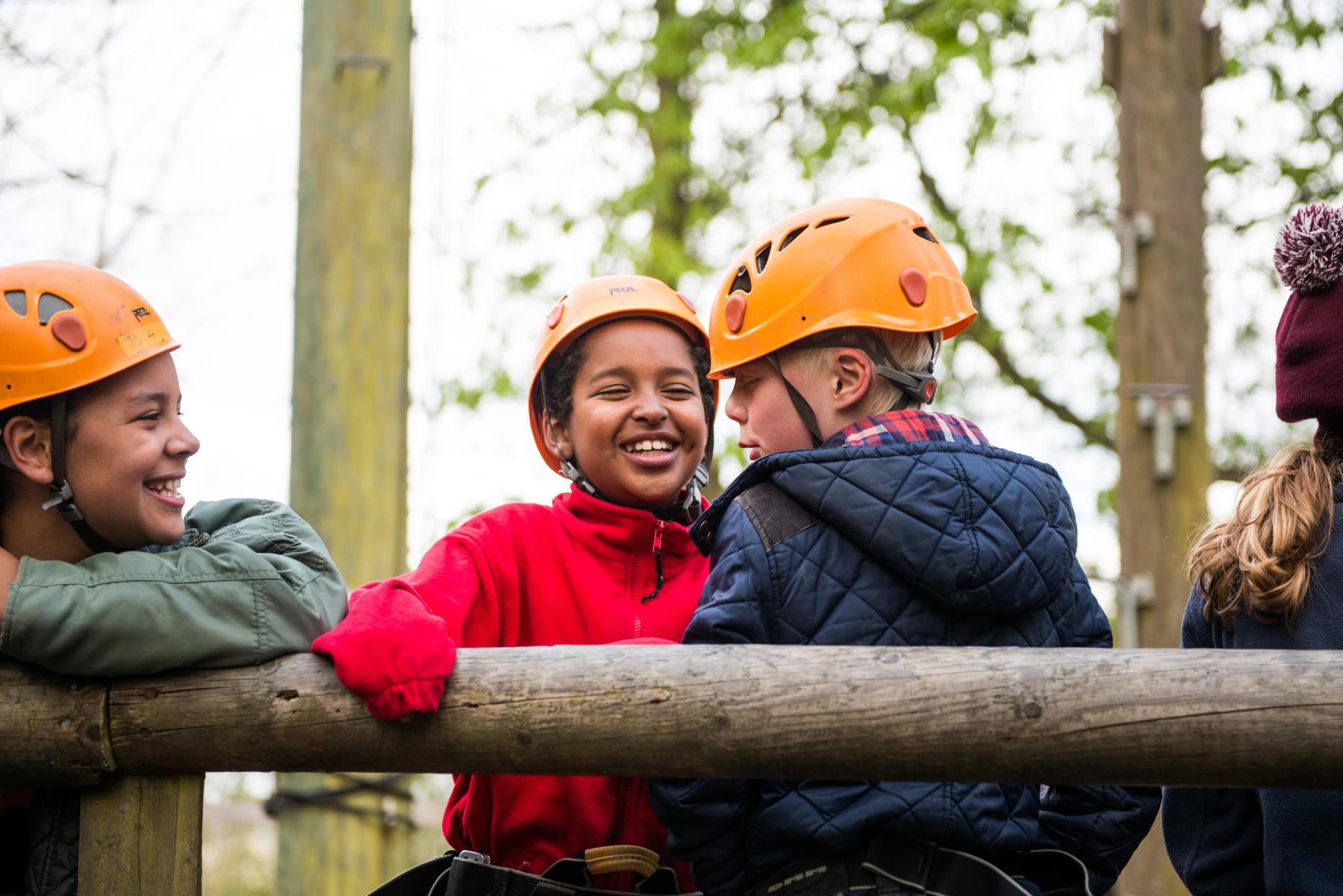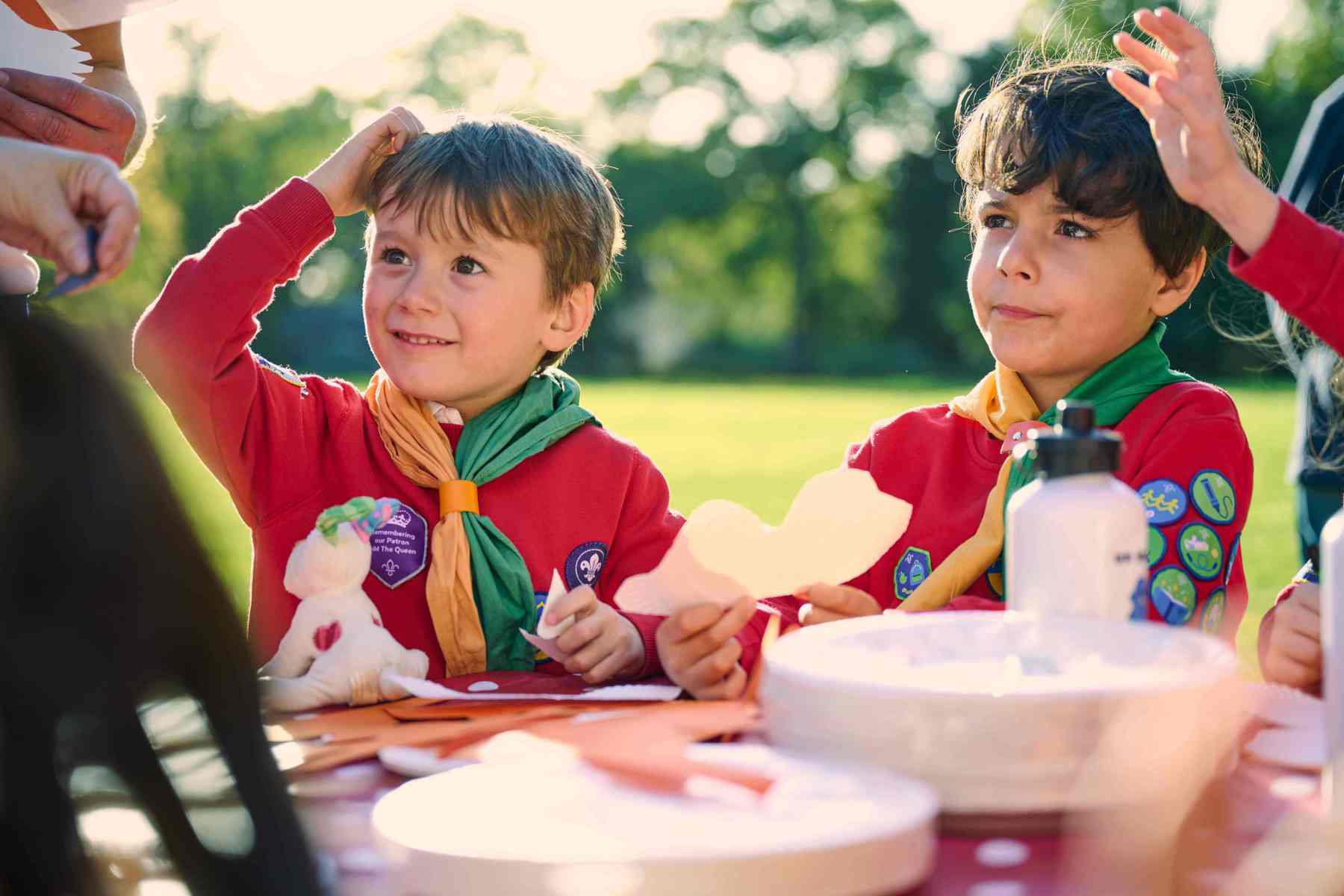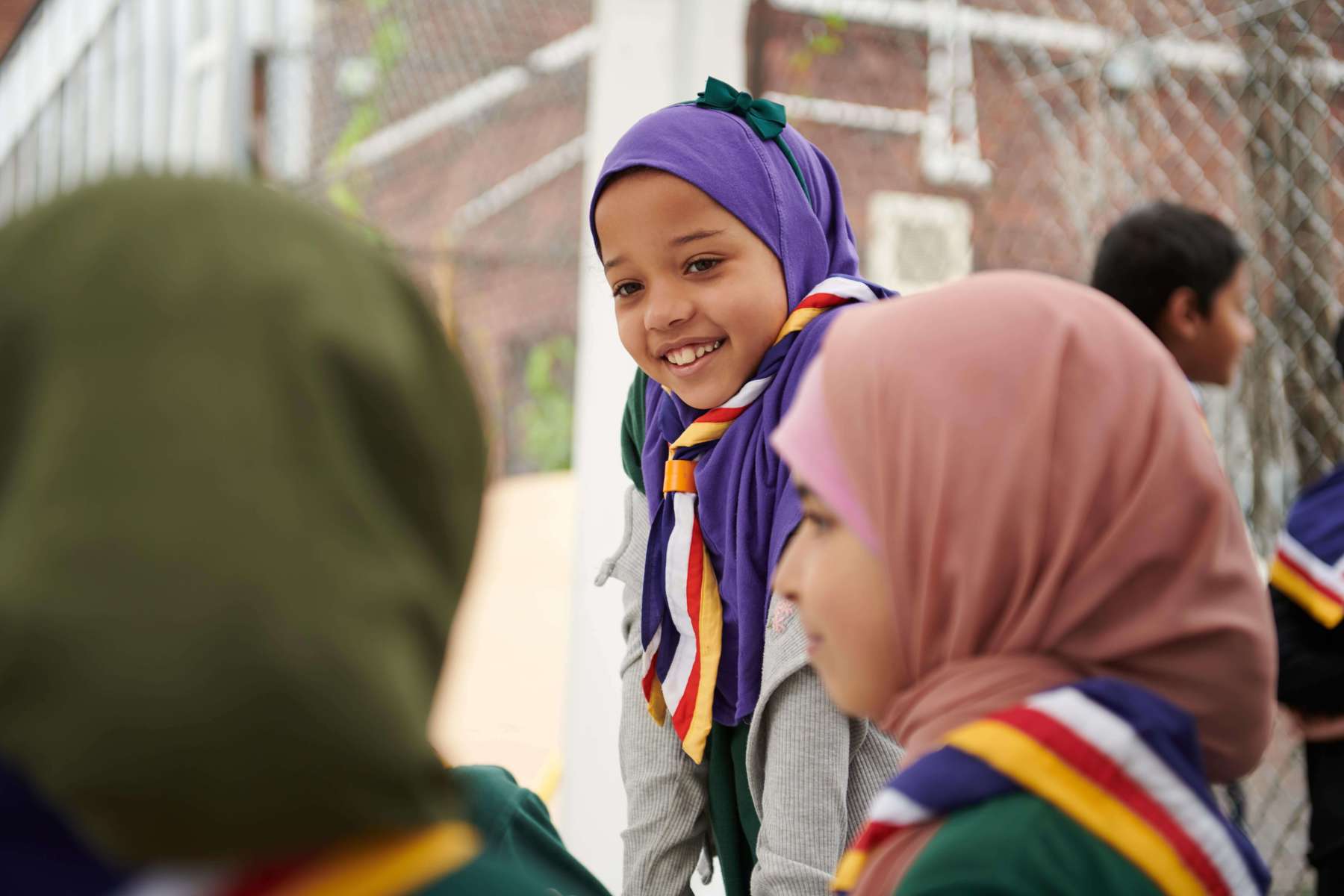Ways to support people in Scouts who are fasting
Fasting’s going for a certain length of time without either eating and/or drinking certain things, or sometimes without eating and/or drinking anything at all.
Fasting’s practiced in several religions, such as for Lent, Yom Kippur, Fast of Easter and Ramadan. Some people may fast for health or medical reasons.
Fasting can take place at different times throughout the year. Scouts is open to everyone, including people of faith and people of none. It’s likely that some young people and volunteers in Scouts across the UK will be taking part in a fast.
As an inclusive and values-based movement, we support members joining in as they usually do, while fasting. This can mean making a few adjustments to our plans. Here are some ways you can help make everyone feel included in Scouts while fasting:

Communication is key: Make it easy for young people, parents and carers and volunteers to talk to you. Ask questions to understand how you can best support young people and adults who might be fasting.
Be supportive: Make sure all Scouts and volunteers are encouraging and supportive to anyone who’s fasting. It might
Ask kind questions: When people ask questions, keep things kind, considerate and respectful. Avoid questions about why someone may or may not be fasting. Some people may not fast due to health reasons, illness, age or pregnancy. For others it may be a personal choice whether they want to observe a fast. You also shouldn’t question any physical changes that someone may be making during the period or occasion, such as changes in weight, what they’re wearing, or how they have their hair.
Avoid making assumptions: As there are so many reasons why people may fast, it’s best to avoid making assumptions about who may be fasting. This includes assumptions about someone’s faith or beliefs. Remember that young people are often exploring their own beliefs, ethics and boundaries too, so they may not share their parents or carers’ beliefs or ethics or be choosing to observe religious practices. You could provide all members with information, such as the options for those fasting while on a camp, as this’ll allow them to make their own informed decisions.

Be flexible: Being flexible is a way to be kind to people who are fasting. Rotating leaders and making use of occasional helpers is vital to ensure volunteers are not left feeling burnt out. They may not be able to attend Scouts as regularly during their fasting period. Alternatively, they may want to take on a more behind-the-scenes volunteer role during this period.
Plan ahead for fasting periods: You could note any periods of fasting to your Scouts programme calendar, as this can help you to prepare and plan activities to make sure everyone can be involved. Take time to think about who may be fasting when planning food activities, campfires or camps.
Celebrate events: Consider if it’s an opportunity to host your own celebrations or events for occasions, such as Easter, Eid or Yom Kippur. You could also try some of our faith-based Scout activities or faith badges.

Allow space for prayer: Some periods of fast can be for religious reasons. Allowing young people and volunteers time and space to pray, as needed, is a great idea. Make sure to have a private and comfortable space for people to do this, including on camps.
Offer places to rest: Make sure there’s plenty of shade if you’re meeting outside. Alternatively, offer a cool, comfortable indoor space during the summer months for people who are fasting to use and rest in, as needed. Try to provide activities in both spaces too, so no-one misses out.
Plan alternatives for strenuous activities: If high energy activities are on offer, provide some relaxed activities, too. People who are fasting may lack energy, especially towards the end of the day, and they may want to run craft table or similar.

Save food-based activities for another time: During periods when members of your group are fasting, try to avoid food and drink related Scouts activities. Rethink if biscuits are served in a meeting or save toasting marshmallows to times when everyone can join in.
Offer alternatives during mealtimes at sleepovers or on camps: If you’re running a camp or event, make sure there are activities running in a separate space during meal times, so people who are fasting can have something to do. Set aside a space and time for them to break their fast in the evenings, if required, too.
Learn more: Learn about fasting and the associated celebrations in different faiths and beliefs yourself and encourage other volunteers or young people to too. You could also try some of our faith-based Scout activities or faith badges. Alternatively, you could reach out to the local community, arrange a visit to a local place of worship or find appropriate guest speakers.